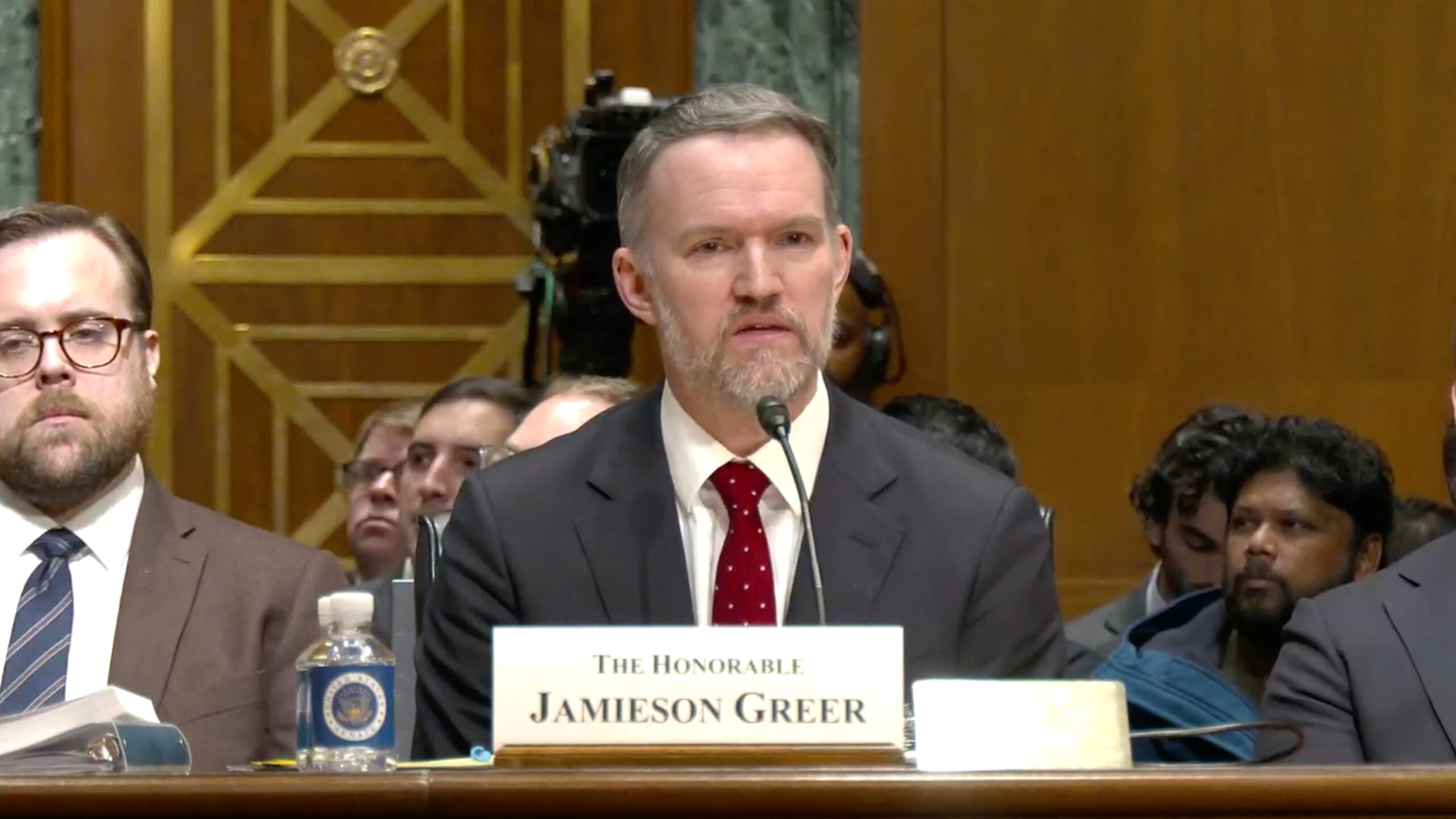
It’s disconcerting to Congress when our foreign trading partners put the lie to President Obama’s victory claims. No, not the mullahs chanting “Death to America” right after the Iran agreement was concluded. This week it was China’s turn to undercut the president.
[Reposted from The Hill | Kevin Kearns | August 12, 2015]
While speaking at Nike headquarters in May, Obama claimed to have solved China’s penchant for currency manipulation by constantly “pounding on them.” But China surprised the world yesterday by significantly devaluing its currency in the face of falling exports and lower GDP growth.
Why is China’s action important internationally? Several major reasons: First, it makes China’s products cheaper than those of its rivals in international trade. It also makes American and other products more expensive in international markets and in China’s home market as well. Thus U.S. domestic manufactures and their employees are put at a competitive disadvantage as our exports suffer and China expands its presence in our home market.
Second, Beijing’s action could start a war of competitive devaluations among its rivals. ‘Beggar-thy-neighbor’ currency devaluations were a fixture during (and since) the Great Depression. Such currency wars unsettle the world trading system, leading to imbalances that can cause the system to spin out of control in unanticipated ways.
Third, combined with Beijing’s other recent moves— including the ongoing, massive intervention to prop up domestic stocks and a directive for banks to pour money into failing local enterprises—this major devaluation will likely cause a world-wide loss of confidence in China’s financial health and, more importantly, in its commitment to participate as a responsible member of the global financial system. Investors could pull their money from China, thus causing another economic crisis—one that China’s leadership must think it can manage with the nearly $4 trillion in hard currency reserves it has accumulated from the United States and other trading partners.
As for American economic and trade politics, they will be significantly roiled by China’s devaluation. It is now obvious the president was wrong when he claimed that currency manipulation was “a problem in the past.” Congress, erring on the side of caution, insisted that the administration write currency disciplines into the Trans-Pacific Partnership (TPP) trade agreement— even after rejecting the stronger language contained in the Portman-Stabenow amendment.
However, the administration did not follow Congress’s instructions to present a negotiating proposal. Instead, according to press reports, Treasury Secretary Lew is trying to set up an informal consultative process, separate from the TPP, among Finance Ministers and Central Bankers to discuss currency matters on a non-binding basis. The inadequacy of this toothless workaround will be brought home to many Congressmen, domestic manufacturers, workers, and unions by China’s flagrant action. Under the TPP as it now stands, China, should it join, would not trigger any sanctions with its devaluation— nor would any member country, should it respond in kind.
The president’s oft-repeated assertion— “If we do not write the rules, China will write the rules” — is simply not a serious assessment of Beijing’s conduct and intentions. China is not operating by any set of laws or standards that the United States follows or wants to incorporate in the TPP. What more proof does any member of Congress need than China’s devaluation, its stock market crash-prevention actions, its government-dictated lending directive in favor of provincial businesses, and its general support of state-owned enterprises?
China is a rogue economic power (and fast becoming a rogue military power thanks to its economic strength). Its leadership has no interest in free-market theory or practice. Beyond any doubt, China’s leaders will do whatever they think is necessary to protect and grow their economy and secure a leading nation status, regardless of the effect on the global financial system as a whole.
One final issue: China’s devaluation should cause the U.S. Federal Reserve to pause before beginning any rate hikes, whose necessity is dubious during an all-time low for labor force participation and the absence of any substantial domestic inflation. Beijing’s devaluation will cause commodity prices to fall, further lowering inflationary expectations.
When Congress returns from its break, senators and representatives need to find space in a crowded schedule to ask the administration, the Fed, and other financial observers some really tough questions about China, currency manipulation, the alleged ‘write-the-rules’ benefits of the TPP, and the uneven functioning of the world economy. Already carrying $19 trillion in national debt, America can no longer afford to remain passive in the face of disruptive actions by other nations that further threaten our economic well-being.
Kearns is president of the U.S. Business & Industry Council (USBIC), a national business organization advocating for domestic U.S. manufacturers since 1933.












